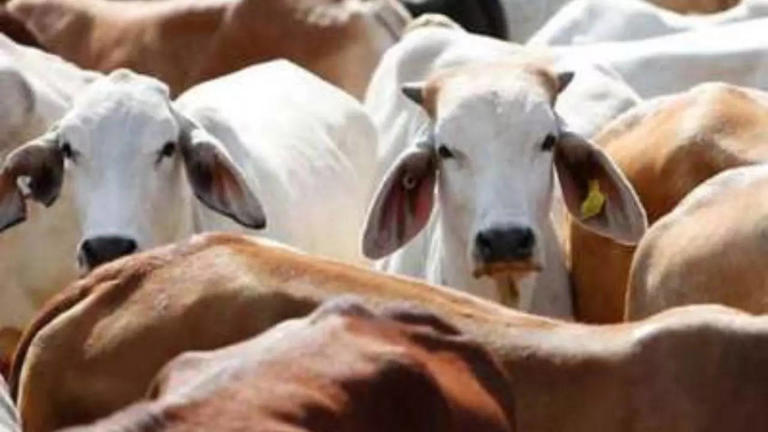The recent beef ban legislation in Assam has reignited a nationwide debate on the intersection of faith, culture, and economic livelihoods. Chief Minister Himanta Biswa Sarma’s government, in 2021, introduced the Assam Cattle Preservation Act, which prohibits the sale and purchase of beef in areas predominantly inhabited by non-beef-eating communities or within a 5-kilometer radius of temples. While proponents argue the law protects cultural sentiments, critics claim it adversely impacts economic structures and marginalizes certain communities.
The Controversy
The beef ban in Assam mirrors similar laws enacted in other Indian states, often rooted in the protection of cattle—an animal considered sacred in Hinduism. However, Assam’s legislation is particularly contentious due to the state’s diverse demographic makeup. Assam is home to multiple ethnic and religious communities, many of whom traditionally consume beef as part of their dietary practices. The legislation, critics argue, disproportionately affects Muslims, Christians, and tribal communities, who rely on the cattle trade for their livelihood.
The government justifies the law by citing the need to maintain communal harmony and respect religious sentiments. Chief Minister Sarma has stated that the legislation is not anti-minority but rather aims to regulate cattle slaughter and sale in a way that respects the traditions of all communities. However, detractors argue that the law’s implementation has deepened social divisions and created an atmosphere of mistrust.
Economic Implications
The economic impact of the beef ban cannot be overlooked. Assam’s cattle industry, which supports thousands of small-scale farmers, traders, and laborers, has faced significant disruptions. The cattle trade, including the sale of beef, forms an integral part of the rural economy, especially in regions with a substantial tribal population.
Many farmers have reported difficulties in selling aging or unproductive cattle, which were traditionally sold for meat. The prohibition has also led to a decline in cattle prices, affecting both sellers and buyers. Additionally, businesses involved in processing, distribution, and retailing beef have seen a sharp drop in revenue, leading to job losses and economic instability in affected regions.
Analysts suggest that the ban might also encourage illegal cattle trade across state borders, as neighboring states like Meghalaya have more relaxed regulations regarding cattle slaughter. This could lead to a rise in unregulated and unsafe practices, further complicating the issue.
Cultural and Religious Paradox
India’s diversity is its strength, but it also presents unique challenges. The beef ban in Assam highlights the paradox of balancing religious sentiments with cultural and economic realities. While Hindu communities revere cattle, tribal and minority groups in Assam have long included beef in their diets. For many, the legislation feels like an imposition of one community’s beliefs over others, undermining the secular fabric of the state.
Religious leaders and activists have weighed in on both sides of the debate. Supporters argue that the law respects Hindu traditions and fosters harmony by avoiding potential flashpoints in sensitive areas. Opponents, however, claim that the ban is a political move aimed at consolidating votes by appealing to majoritarian sentiments.
Voices From the Ground
The legislation’s impact is best understood through the voices of those directly affected. Yusuf Ali, a cattle trader from Barpeta, shared his plight: “My family’s income has halved since the ban. Earlier, I could sell older cattle to support my farm, but now I have no buyers.” Similarly, Mary Konyak, a member of a tribal community, expressed concerns about cultural alienation: “Beef is a part of our tradition. This ban feels like an erasure of our identity.”
On the other hand, proponents like Rajesh Sharma, a local Hindu activist, argue: “The law is about respect. Assam is a sacred land for us, and this legislation ensures our traditions are upheld.”
The Way Forward
As Assam grapples with the implications of its beef ban, finding a balanced approach is essential. Policymakers must ensure that the law does not disproportionately harm vulnerable communities or disrupt livelihoods. Open dialogue between stakeholders—religious leaders, community representatives, and economic experts—is crucial to addressing the tensions surrounding the legislation.
The Assam beef ban serves as a microcosm of India’s broader struggle to reconcile its pluralistic ethos with religious and cultural sensitivities. Whether the state can navigate these complexities without alienating its diverse population remains to be seen, but the debate underscores the importance of inclusive governance in a diverse democracy.

